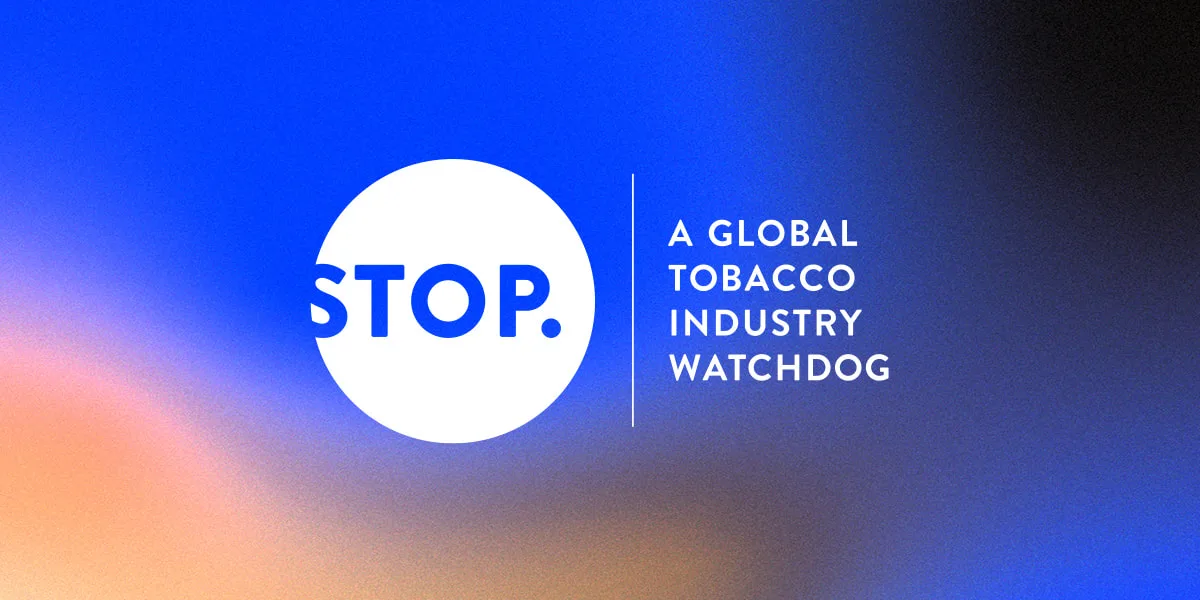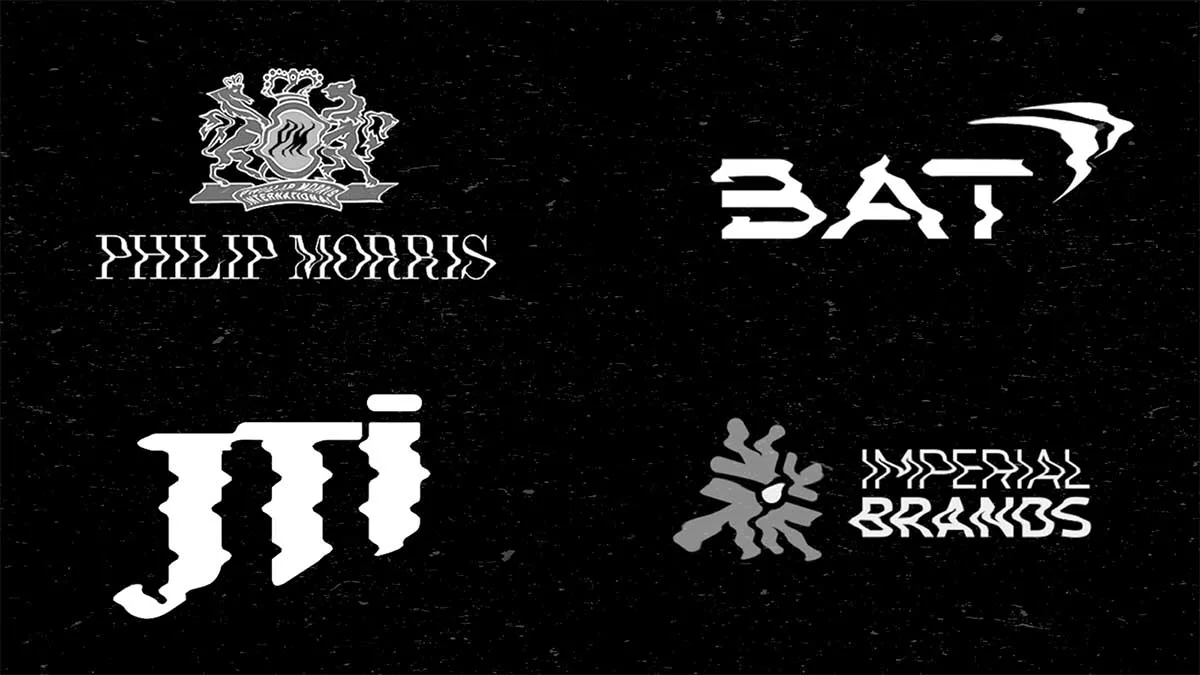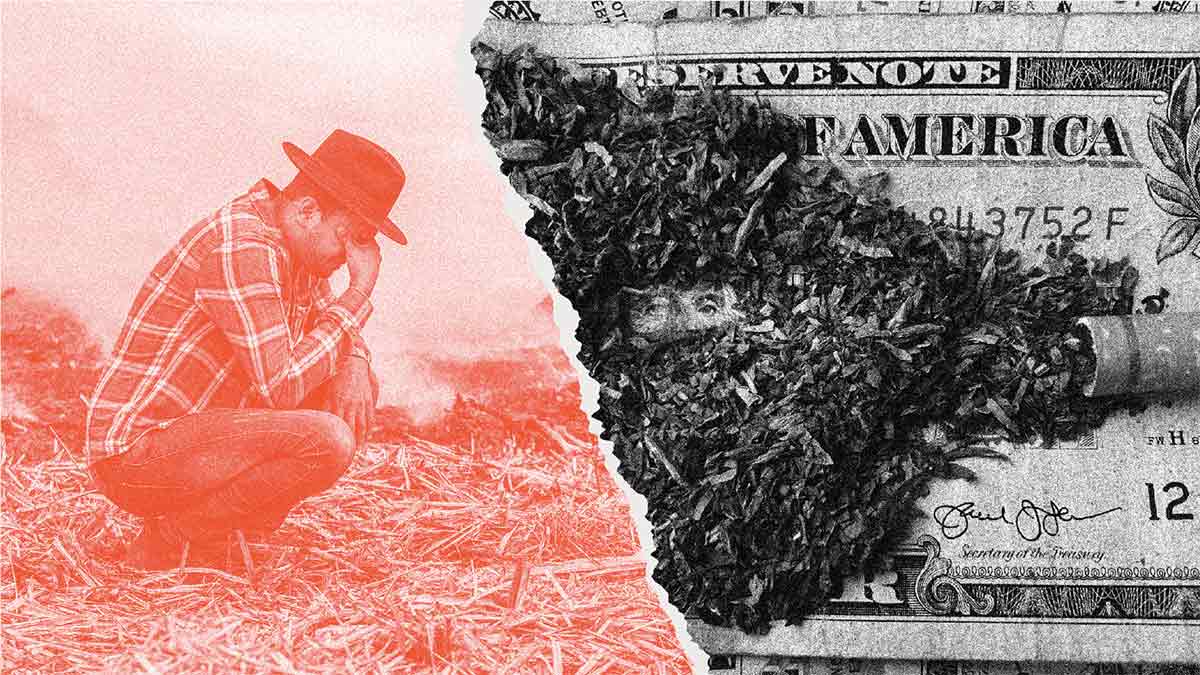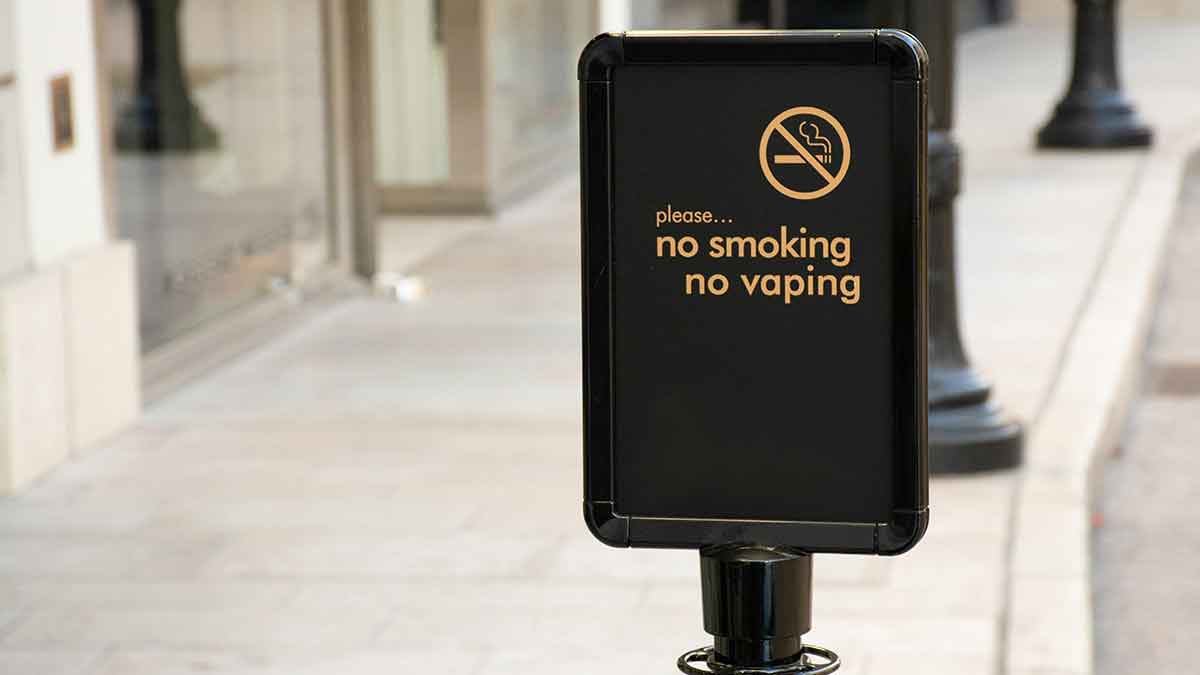- Resources
- News
-
-
Now Accepting Grant Funding Applications
Ready to tackle industry interference? Apply by February 25.
-
Get Email Updates
Sign up for STOP's emails and never miss an update on our latest work and the tobacco industry's activity.
-
Share a Tip
Do you have information on tobacco industry misconduct in your country? Let us know.
-
Now Accepting Grant Funding Applications
Other
March 07, 2018

Global tobacco watchdog will provide industry monitoring and awareness through data collection, public reporting
CAPE TOWN, SOUTH AFRICA – Michael R. Bloomberg and Bloomberg Philanthropies today announced it would provide US$20 million in funding to launch Stopping Tobacco Organizations and Products (STOP), a new global watchdog that will aggressively monitor deceptive tobacco industry tactics and practices to undermine public health.
STOP will function as a robust global monitoring system that complements existing efforts in identifying industry deception. The watchdog will deliver regular reports detailing tactics and strategies both at global and country level and will provide tools and training materials for countries to combat Big Tobacco’s influence. STOP will also liaise with existing partners in the Bloomberg Initiative to Reduce Tobacco Use to supplement country-level grants that assist nonprofits and governments in pushing back strongly against interference by Big Tobacco. Findings will be publically available and fully aligned with Article 5.3 of the World Health Organization’s (WHO) Framework Convention on Tobacco Control (FCTC), which clearly outlines the prohibition of tobacco industry involvement in government policymaking.
“Over the last decade tobacco control measures have saved nearly 35 million lives, but as more cities and countries take action, the tobacco industry is pushing to find new users, particularly among young people,” said Michael R. Bloomberg, WHO Global Ambassador for Noncommunicable Diseases and Bloomberg Philanthropies Founder. “We cannot stand by as the industry misleads the public in an effort to get more people hooked on its products – and this global watchdog will help us hold the industry accountable.”
For decades, tobacco giants have tried to deceive the public with duplicitous tactics. Philip Morris International (PMI) recently provided the initial $80 million of funding to “Foundation for a Smoke-Free World,” a move seen by many public health experts as a thinly veiled effort to legitimize the tobacco industry and allow them access to the policy-making table. In addition to aggressively marketing its combustible cigarettes to children and teenagers in low- and middle-income countries, the industry is pushing alternative products, such as heat-not-burn and e-cigarettes, as cessation devices while the evidence remains inconclusive. Tobacco industry-funded research has repeatedly been a smokescreen for behavior that has led to worse outcomes for smokers. For example, supposedly safer low-tar and filtered cigarettes led to greater numbers of smokers, deeper inhalation patterns, and or higher daily consumption – all worsening public health worldwide.
With its initial $20 million investment, STOP will divide resources between robust monitoring and reporting of industry behavior, and combating the false narratives so often created on the ground.
“STOP will commit itself to exposing this industry wherever it wields its considerable resources to influence government policy; whenever it distracts from proven interventions by promoting unproven alternative products as a solution; and whenever it gains access to the public debate using false and misleading science,” said Dr. Kelly Henning, Director of Public Health Programs at Bloomberg Philanthropies. “We already have the tools to succeed today. We have made huge progress over the past two decades and we can continue to make massive inroads in reducing the ill health and suffering from tobacco use.”
“STOP is a warning call to Big Tobacco that they are on notice,” said WHO Director-General Dr. Tedros Adhanom Ghebreyesus. “The World Health Organization and our partners will not accept efforts to undermine the huge successes in tobacco control that we have achieved over the past few decades. There is no going back.”
A competitive application process launching today will determine the lead organization(s) for tracking industry behavior and publishing robust, frequent updates. Nongovernmental organizations and academic institutions will be invited to submit their best and boldest ideas for STOP. Groups may apply jointly (up to three organizations per application), but at least one organization must be from a low- or middle-income country. More information and instructions on how to submit an application can be found here and a final decision will be announced by July 2018.
Michael R. Bloomberg was named the WHO’s Global Ambassador for Noncommunicable Diseases in 2016, and has been a leader in the effort against the tobacco industry for decades through his work as three-term Mayor of New York City and founder of Bloomberg Philanthropies. Since 2007, Bloomberg Philanthropies has supported the demand reduction tobacco control policies, collectively known as MPOWER, to reduce tobacco use, and has committed nearly $1 billion to combat tobacco use worldwide. The Bloomberg Initiative to Reduce Tobacco Use aims to reduce the global demand for tobacco through a comprehensive, proven approach that combines policy change with increased public awareness, including creating smoke-free public places, banning tobacco advertising, increasing taxes on tobacco products, requiring graphic pack warnings and supporting hard-hitting mass media campaigns. Of the 121 countries that have at least one MPOWER measure in place, 66 have received funding from the Bloomberg Initiative to Reduce Tobacco Use. Since 2007, Bloomberg Philanthropies has helped save nearly 35 million lives through these efforts.


